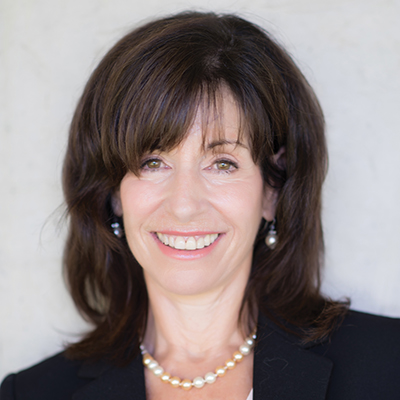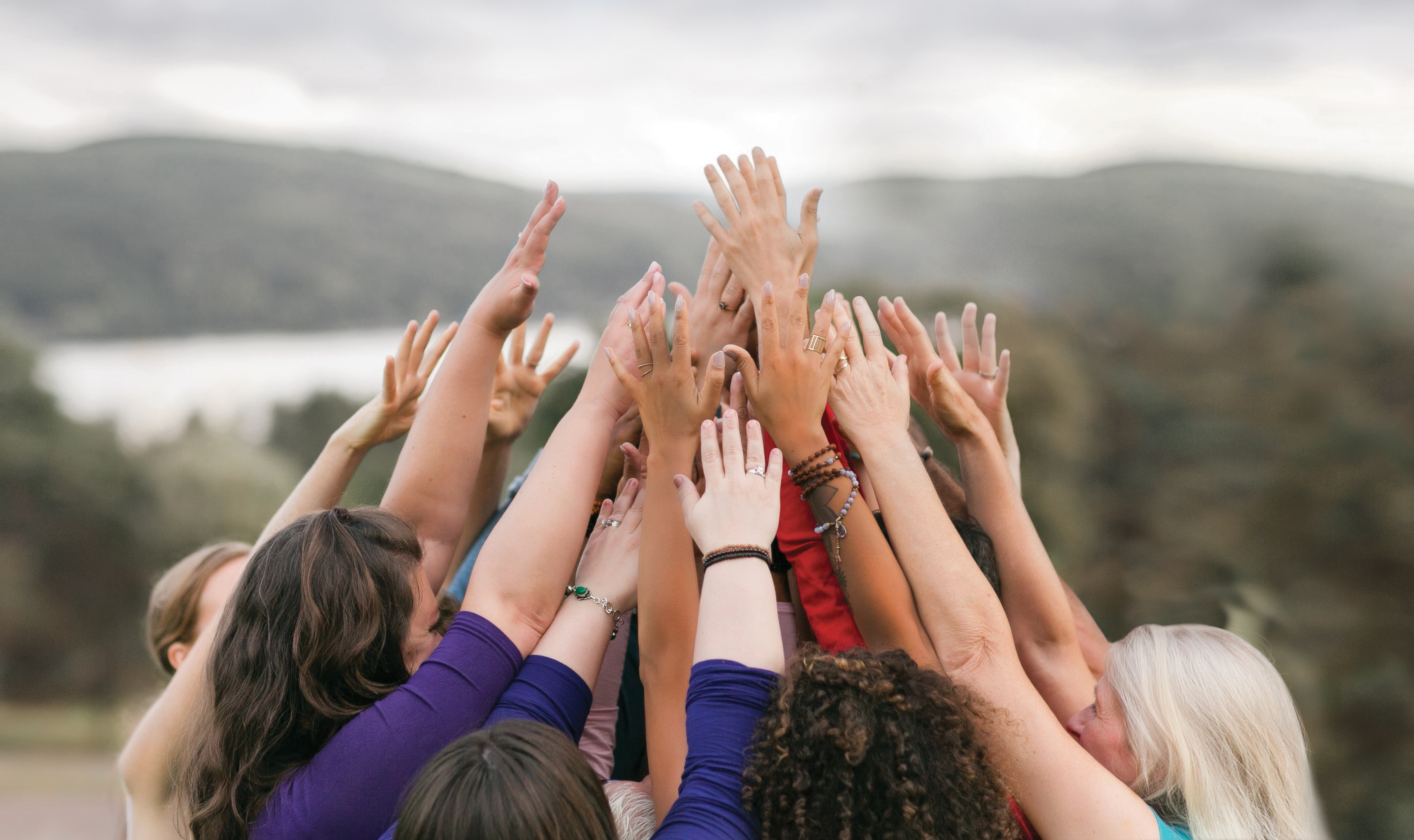Just last week, three women broke a barrier that has stood for nearly two centuries in New York’s Central Park: For the first time since Olmstead and Vaux’s urban oasis welcomed visitors, three women will be honored with statues. Elizabeth Cady Stanton, Sojurner Truth and Susan B. Anthony will join the 20+ male figures in standing in stone – representing the voices of women, even as the stark imbalance of statuary persists. It’s the first time that real women will be honored in the park in this way, although mythical and fictional females have been enshrined there for decades.
Women’s voices have been muffled for too long, by all sorts of forces, from the historic strictures of repressive societies to the polite practices so many daughters learn at home: Speak little, avoid conflict, be nice. But the reality of the lives of women, now and always, is far less tidy than our parents (and our patriarchies) might prefer. Still, the voices of women are muted; representation in the halls of power remains nearly as starkly disproportionate as among the statues of Central Park. (Even that process was marred by marginalization: the original design, which included only Stanton and Anthony, was expanded to include Truth after public outcry.)
So it is within that reality that Kripalu’s upcoming Women’s Week: The Revolution Within brings to heightened awareness the impact of those forces that strive to diminish, dilute and dismiss the voices of women – forces which, it must be acknowledged, we unwittingly internalize in ways that often hurt, limit, and diminish our intrinsic creativity and power. I think of my experience as a young girl, when dancing was my passion and an integral aspect of my identity. As a student of modern dance pioneer Sophie Maslow, I loved my life in the studio, in my body – until puberty began, and with the surging hormones came a body no longer familiar to me, no longer my little-girl self, no longer “right” for the world of dance. I didn’t know that I could still dance, even though I didn’t look like a classical ballerina. No one told me, You’re welcome here – your dancing is beautiful, your body belongs here. So I shut down. I stopped dancing and lost both the joy of the practice and the part of myself that found expression as a dancer: my cherished identity, so fragile as a young teen, was blasted into smithereens.
Life has a way of coming full circle and, decades later, I rediscovered my inner dancer, and my love for movement and the expression it offers. I found my way back through Kripalu Yoga-Dance®, a practice that blends elements of yoga and elements of pure embodied movement with intention – one of the options on offer during Women’s Week. In a different environment, in a completely different time of life, I felt the freedom and joy that I knew when I was a child. And with that physical liberation came an internal liberation – a releasing of long-held emotions, a capacity to see myself, both literally in the studio mirror, and figuratively in the mirror of my self-perception, as a whole and happy dancer, moving with joy through space and time. Embodied again by dancing, I felt my power gather inside me, and in a way that was both familiar and ancient, knew that the movements had unlocked something precious in me that I hadn’t time to understand about myself.
Today, the social forces that have long marginalized and repressed women are on the rise, in our national politics and in many states. And apart from political whims, many people experience the devastating impacts of marginalization – a separation from power, or a push to the edges that prevents access to internal wisdom and to social and political power. Women, especially women of color and gender nonconformists, are frequent occupants of these margins, cut off from the “mainstream” and lacking access to traditional structures of power. It is in the context of these realities that Kripalu’s commitment to empowering individuals and communities has inspired Women’s Week. Our goal is ambitious: We aim to create a community that will provide participants with the space, resources, and support to speak and listen to the parts of ourselves and others that yearn for expression. We welcome curiosity and compassion, empathy and courage. We hope that community will function as a kind of nurturing mirror, one in which women can see, and share, their stories – because finding ourselves in another’s experience gives us the power to recognize our own authentic worth, realize the value of our own lived experience, and discover the courage to live our own truths.


